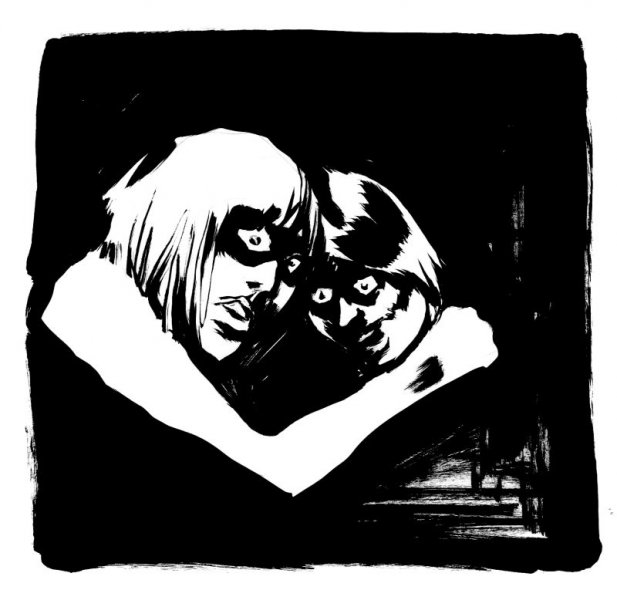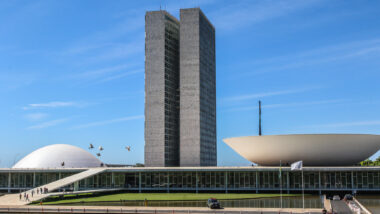
Vanderlea de Paula Tosta was known by the police for some time. She was the head of a girl gang that committed small crimes in downtown Curitiba. The mob went under the name of "Xuxas crew". She was shot at her house on March 27th, 2010. Two children were present at the crime scene. The police report says that the perpetrators of the murder were using uniforms similar to those used by the Civil Police. Who said that? Nobody will ever know. As time went by, witnesses of the homicide were murdered one after the other. Three witnesses related to the case were killed since 2010.
This is not an isolated case. Going through the inquiries of one thousand homicides which were committed in Curitiba, Gazeta do Povo reporters have shown that at least 50 cases contained names of persons who were killed after being related to other cases. They were the partner, a neighbor, or just a friend of the victim. In some cases, they had already delivered their version of the crime. In some others, they did not have the time to do so.
"The state does not guarantee the safety of the witnesses," explains Arthur Trindade Maranhão, coordinator of a study group on Violence and Safety at the University of Brasilia. "Cases of witnesses testifying without consequences for the suspect are very common. Witnesses then face reprisals because the police do not have the capacity to provide their safety."
Judge Pedro Sanson Corat, from the Protection Program For Threatened Witnesses in the state of Paraná (Provita), says that protecting witnesses would be the solution to end the "code of silence" which rules in communities were organized crime is strong. "There are cases where the witnesses, feeling protected, successfully contributed to solve the crime," he says.
Executed WitnessesIn Xuxas case, the only witness who had been officially interviewed at the police station said that he had not seen anything. A fourteen-year-old girl who was present at the crime scene has never been interviewed by the police. She was killed, as well as the owner of the house. They were found dead after being shot in the head, execution style, in Campo Largo, a poor suburb of Curitiba.
Xuxas son, Luiz Fernando Tosta Carvalho, knew the three victims, and happened to be one of the suspects of the second murder. Nobody will ever know if he could have provided information on the case. He was shot dead in May 2012. Despite the fact that the inquiry of his mother´s death contains his phone number, he was never interviewed by the police.
Another witness who died without provided statement was the girlfriend of a twenty-one year old man who was killed on October 12th, 2010, in the Ganchinho neighborhood. The only eye witness of the crime fled after the murder occurred. Investigators entered in contact with the relatives of the young man and reported visiting on several occurrences locals where she could have been found. She died in early November of that same year.
Witness Safety ProgramsEighteen states of Brazil, including the state of Paraná, have developed programs to protect crime victims and witnesses, providing monthly financial support, residence transfer, escorts, and other services to threatened individuals.
There is also a Federal program to support the states own initiatives. According to Judge Pedro Sanson Corat, despite financial restrictions, it would be possible to recruit more professionals to take part in this project.
The project has 35 vacancies for the state of Paraná. "A police chief, a Prosecutor, a Judge or the victim itself can start the process," he explains. According to Corat, not a single victim who took part in the program was killed so far.
VulnerabilityPolice authorities often say that most deaths of witnesses are due to the fact that they are themselves related to the crime world and they do not result from the testimonies they provided. However, even in this context, the state has the duty to protect the witness. According to Corat, this is crucial so as not to disrupt the investigation.
According to Arthur Trindade Maranhão from the University of Brasilia, the problem lies in the fact that some weaknesses found in these programs fail to bring results in the investigations. "The programs are very incipient and do not the tackle the main issue. Some go as far as providing a low salary to the witness and relocate them to other cities. This does not solve the problem that relocated witnesses leave their relatives who keep being threatened," says Corat, even though the program includes the relocation of relatives for the state of Paraná.



